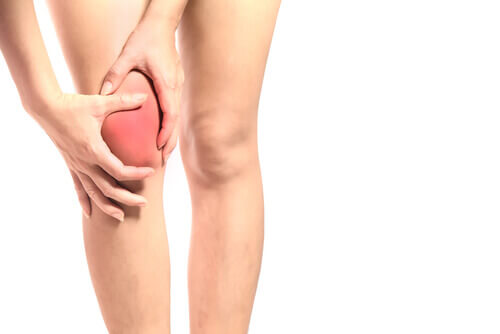
The anterior cruciate ligament (ACL) is one of the 4 major ligaments of the knee alongside the posterior cruciate ligament (PCL), lateral collateral ligament (LCL), and the medial collateral ligament (MCL). The three bones connecting at the knee are joined by the four ligaments which serve as ropes meant to connect the bones and keep the knee stable. Ironically, the ACL is the smallest of the four essential ligaments but accounts for up to 90 percent of the knee joint stability.
Besides facilitating the smooth rotational stability of the knee, the ACL also prevents the tibia from literally colliding with the femur. ACL injuries fall within any of the three categories; Grade I- (a merely stretched ligament), Grade II (a partially torn ligament), and Grade III (A completely raptured ligament). There are several causes of an ACL tear that include a rapid change in direction, sudden stop, direct collision among others. Early diagnosis is crucial to treating a torn ACL, which is why establishing the signs of the injury is important. Below are 14 symptoms of an ACL tear;
1. A distinct audible “pop” sound
The dreaded “pop” sound is one of the earliest indicators that your ACL gave out from under you. If it happens during a soccer match, you will notice paramedics rushing to the scene with a stretcher since the sound is enough proof that the player won’t be returning to the pitch for that match again. It indicates that the ligament has been raptured and immediate medical attention is needed.
The sound can be loud enough for bystanders to hear and figure out that you have raptured your ACL particularly if they had prior knowledge of this common sign of an ACL injury. Well, sometimes when the surrounding is too loud, you might not hear the pop but you will sure feel the sudden joint shift. If you hear the sound and feel the ligament giving in, it is important to stop moving to avoid causing more damage.


